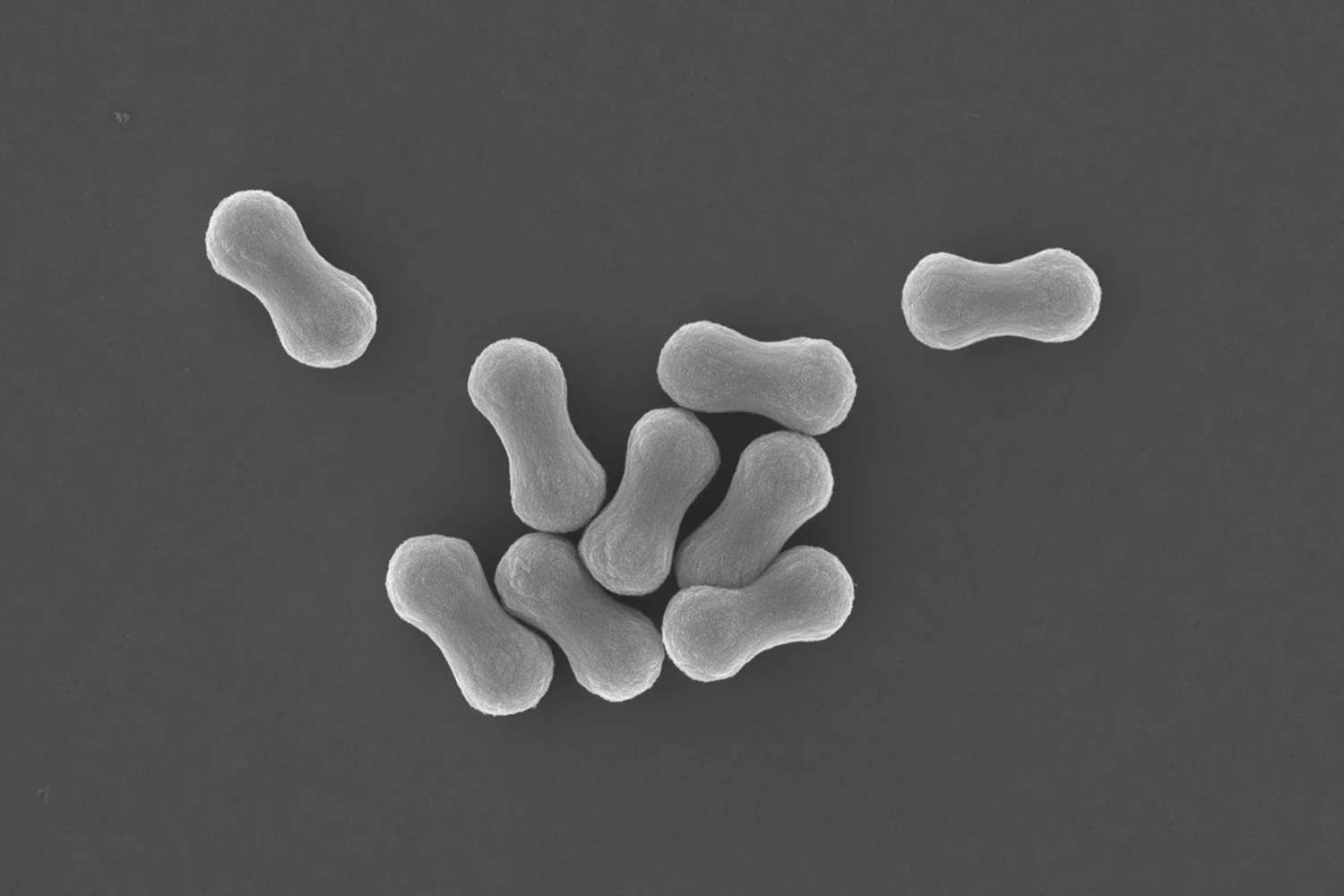Dr Corinna Preuss has been awarded a Newton International Fellowship to conduct research at the University of Warwick’s Department of Chemistry.
Corinna Preuss
Jointly run by The British Academy, The Academy of Medical Sciences and the Royal Society, the Fellowship is for non-UK scientists who are at an early stage of their research career and provides the opportunity for the best early stage post-doctoral researchers from all over the world to work at UK research institutions for a period of two years.
Speaking after being awarded the Fellowship Dr Preuss said:
“I’m very honoured and delighted to be awarded the Newton International Fellowship. Not only will it support my personal development but is also emphasises the novelty and importance of our proposed research project.”
Dr Preuss will work as part of a team led by Professor Stefan Bon to mimic the motional behaviour of zooplankton by fabricating artificial jelly-objects that have the capability to transform shape, swim, and – as an additional feature – release payloads. Dr Preuss says these hydrogel objects will have these three pre-programmed functions “which can be triggered on demand in a controlled fashion”. For this purpose, recent scientific advances in polymer and colloid chemistry will be merged with soft matter physics and robotics in order to create a promising and interdisciplinary research program
Further to the research with Professor Bon, Dr Preuss is keen to use the Fellowship to teach undergraduate chemists and to create a network with other fellow scientists, saying that: “In my opinion, exchanging knowledge and listening to different opinions is essential for the formation of a highly efficient scientific society”.
Discussing why she chose the University of Warwick Dr Preuss said:
“I met Professor Stefan Bon during a conference in Mexico.I was impressed by his research and the passion he presented it with. Later on, whilst I was presenting my research at the poster session, we got the chance to chat more and discovered that our interests in each other’s research would create a promising base for a further collaboration. In working with Stefan and coming to the University of Warwick, I’m taking the chance of changing my field of research to colloidal chemistry and engineering, which provides a new, challenging and fascinating area for me”.
Contacts:
Tom Frew - International Press Officer
Email: a.t.frew@warwick.ac.uk
Tel: +44 (0)247 657 5910
Mob: +44 (0)7785 433 155





